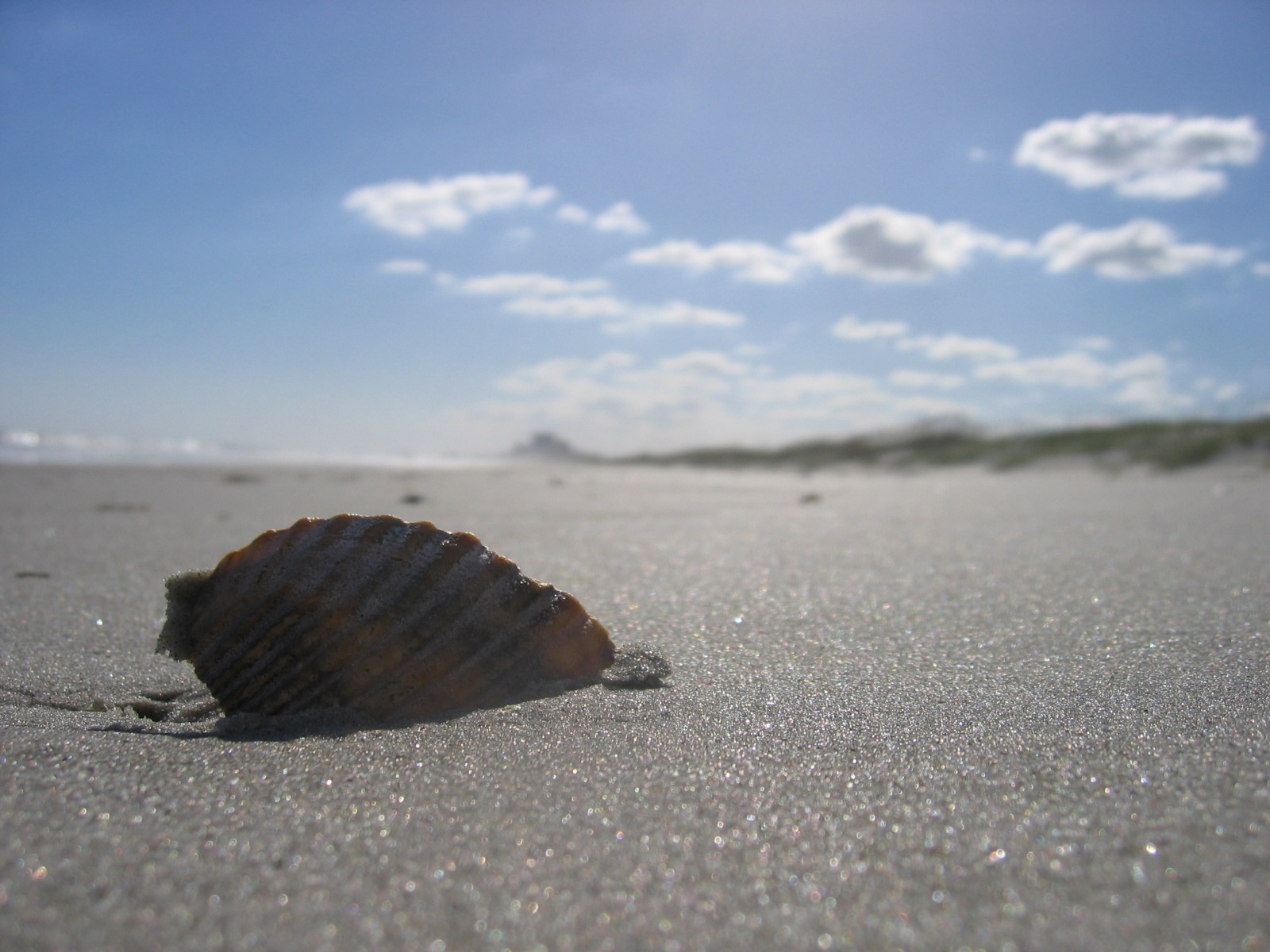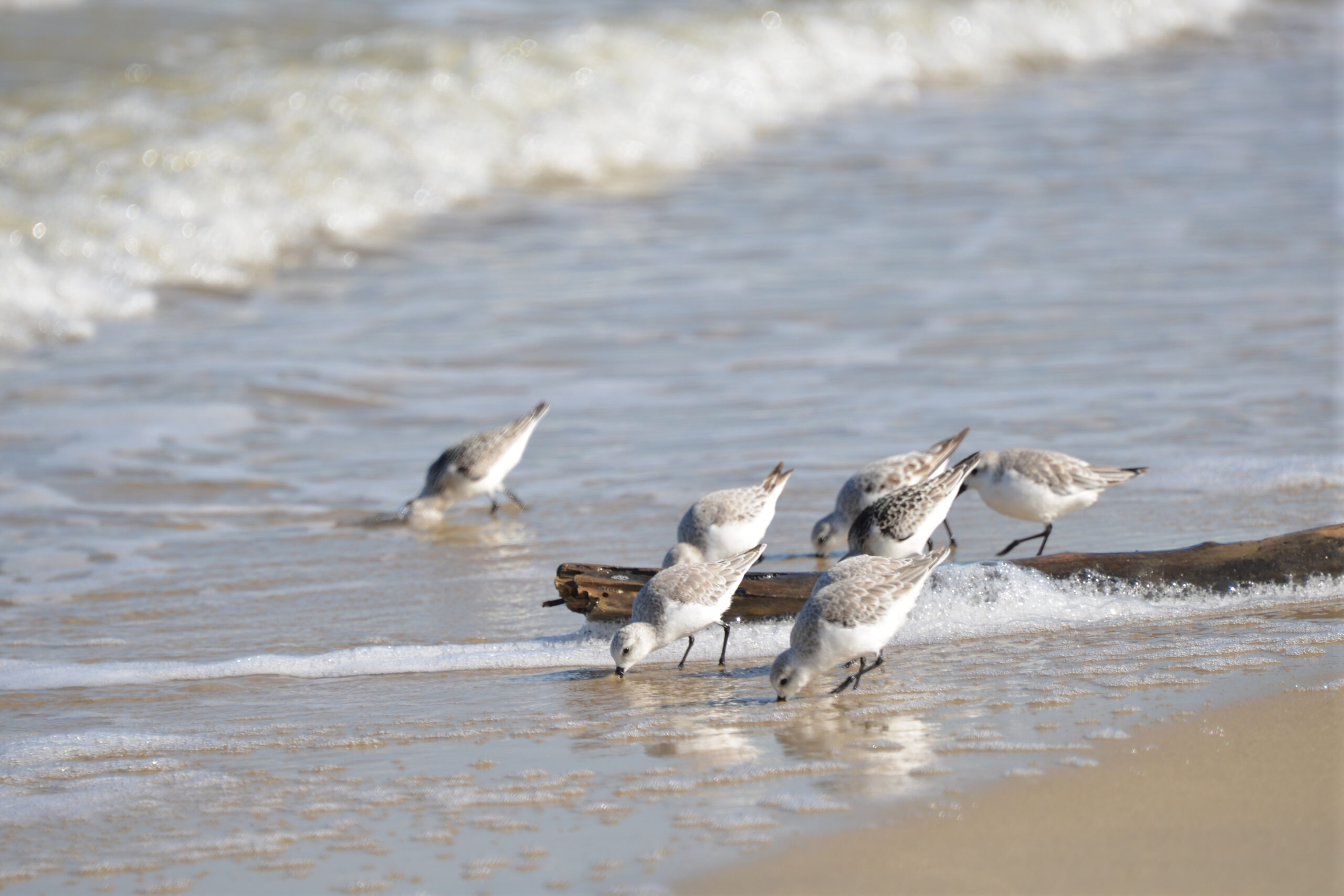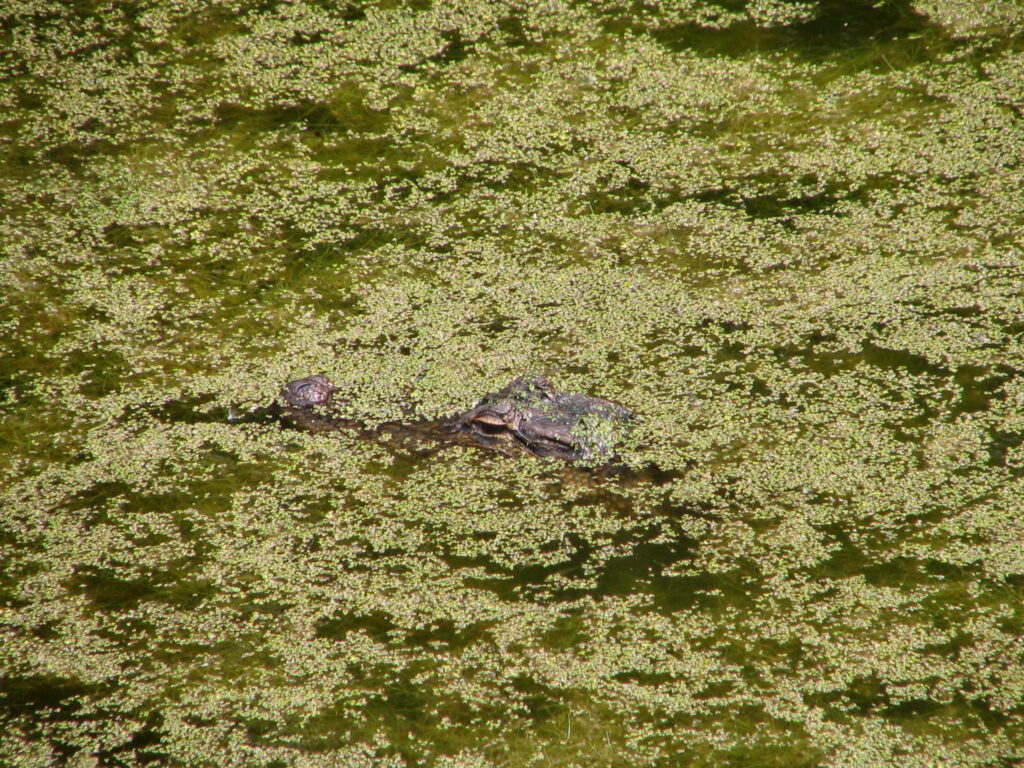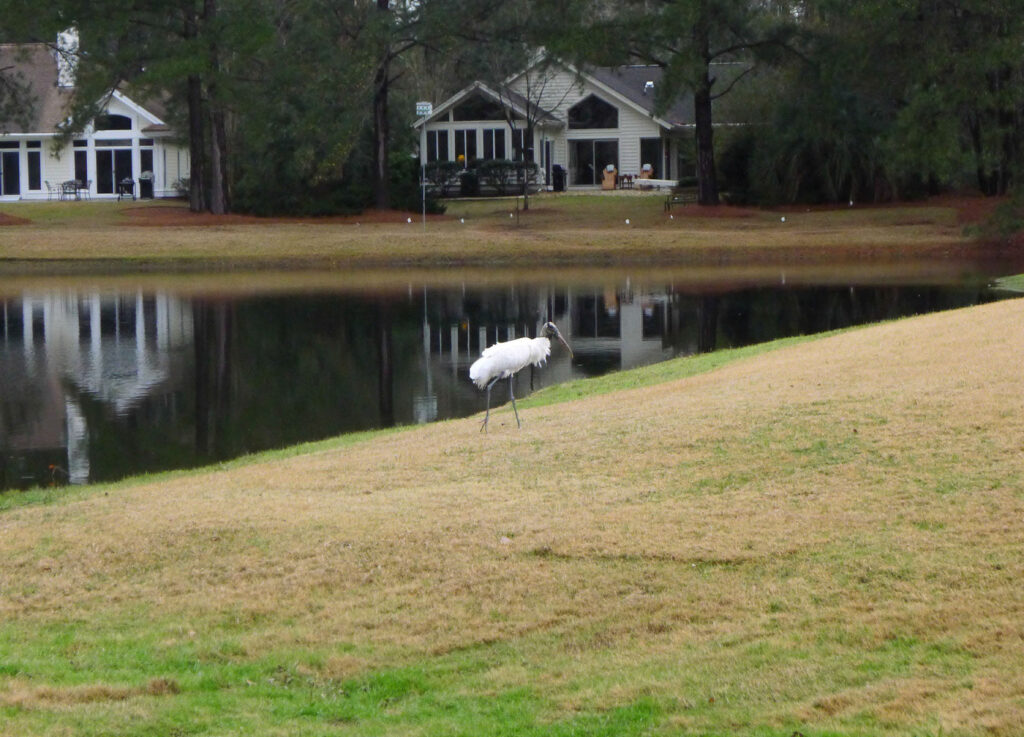
Happy World Oceans Day! The earth’s oceans are a significant aspect of this planet, touching everyone’s lives both directly and indirectly. Covering ¾ of the Earth’s surface, they contain 97% of the Earth’s water, and represent 99% of the living space on the planet with at least 200,000 identified marine species. Most of the ocean has yet to be explored by humans! Billions of people depend on the ocean for their livelihoods, food sources, travel, recreation, and medicine.
This year’s theme is “Healthy Oceans, Healthy Planet”, which focuses on the effort to stop plastic pollution, a problem that has drastic consequences for our marine ecosystems. Plastic is produced by the tons and found in nearly all products we purchase, only to be used and discarded within mere minutes before it degrades slowly and pollutes waterways, impacting the health of aquatic animals and making its way up the food chain to humans. Here are some disturbing facts about plastic use and its often unseen costs:

- The US produces 32 million tons of plastic waste per year, but only 9% is recovered for recycling, and most ends up in landfills, often making its way to waterways
- Globally we produce 300 million tons of plastic annually, with 8 million tons getting washed into the oceans
- There are an estimated 270,000 tons of plastic floating on the ocean’s surface
- 700 different marine species are directly threatened by the presence of plastic, and many researchers believe that plastic will contribute to rising rates of species extinction
- 99% of all seabirds have ingested plastic waste
- 50% of sea turtles have plastics in their stomachs
- 100,000 marine animals accidentally consume plastics, spreading toxins through the ecosystem
- If we continue this trend of mass producing and using plastics, it is estimated that there will be more plastic than fish in the ocean by the year 2050 (that’s in less than 35 years!)
- 40 billion plastic bottles end up in oceans every year
- Microbeads, which are often found in facewash, exfoliating washes, and tooth paste contain tiny plastic microbeads that travel through water filtration systems and end up in waterways where they are ingested by fish, resulting in toxic leaching and digestive problems, before humans consume the fish
- Shoppers worldwide use approximately 500,000,000,000 single-use plastic bags annually, which equates to 1 million bags every second
- Petroleum and other harmful chemicals are a key ingredient in plastic production
- 1/2 the plastic we use is only used once before it is thrown away
Plastic is NOT sustainable, despite its many conveniences. However, there are simple ways that you can reduce your plastic use, and it starts with making smart purchasing decisions.
- Replace your disposables—plastic utensils, plastic cups, water bottles, tooth brushes, bags—with reusable and biodegradable items, such as bamboo forks and stainless steel water bottles (check out this site for other reusable products: https://www.reuseit.com/)
- Refuse plastic bags at grocery stores by bringing your own grocery bags and reusable cloth bags for fruits and veggies
- Avoid products with microbeads; try using coffee grounds as an exfoliant instead
- Avoid synthetic fabrics such as rayon, polyester, or nylon. With every wash these fabrics release microfibers that enter into waterways and are digested by marine animals.
- Use glass containers rather than plastic tupperware to store food
- Avoid makeup in plastic tubes and instead try making your own natural products and using glass containers
- Make your own toothpaste instead of going through plastic tube that will get thrown away in a month: mix together 2 tbsp Baking Soda, 2 tbsp Bentonite Clay, ½ tsp sea salt, 10-20 drops peppermint oil
- Replace plastic bottles, such as cleaning sprays and bottled condiments, in your home with glass mason jars

The fact of the matter is that all species, homo sapiens included, are directly impacted and reliant upon the oceans in this circle that we call life. Therefore, if we want to continue living healthy and productive lifestyles, avoid witnessing the extinction of hundreds of marine species, and stop the pollution of these highly important marine ecosystems, then we must change our daily habits. By refusing to be consumers of plastic, taxing plastic grocery bags, disallowing the sales of plastic water bottles, and by making smart choices in our personal shopping, we can reduce the plastic that ultimately finds itself in our oceans and into the stomachs of marine wildlife. Our actions have direct consequence on our planet and it is imperative that we do all that we can to ensure the health of our oceans.
Sources:
www.onegreenplanet.org
www.worldoceansday.org



